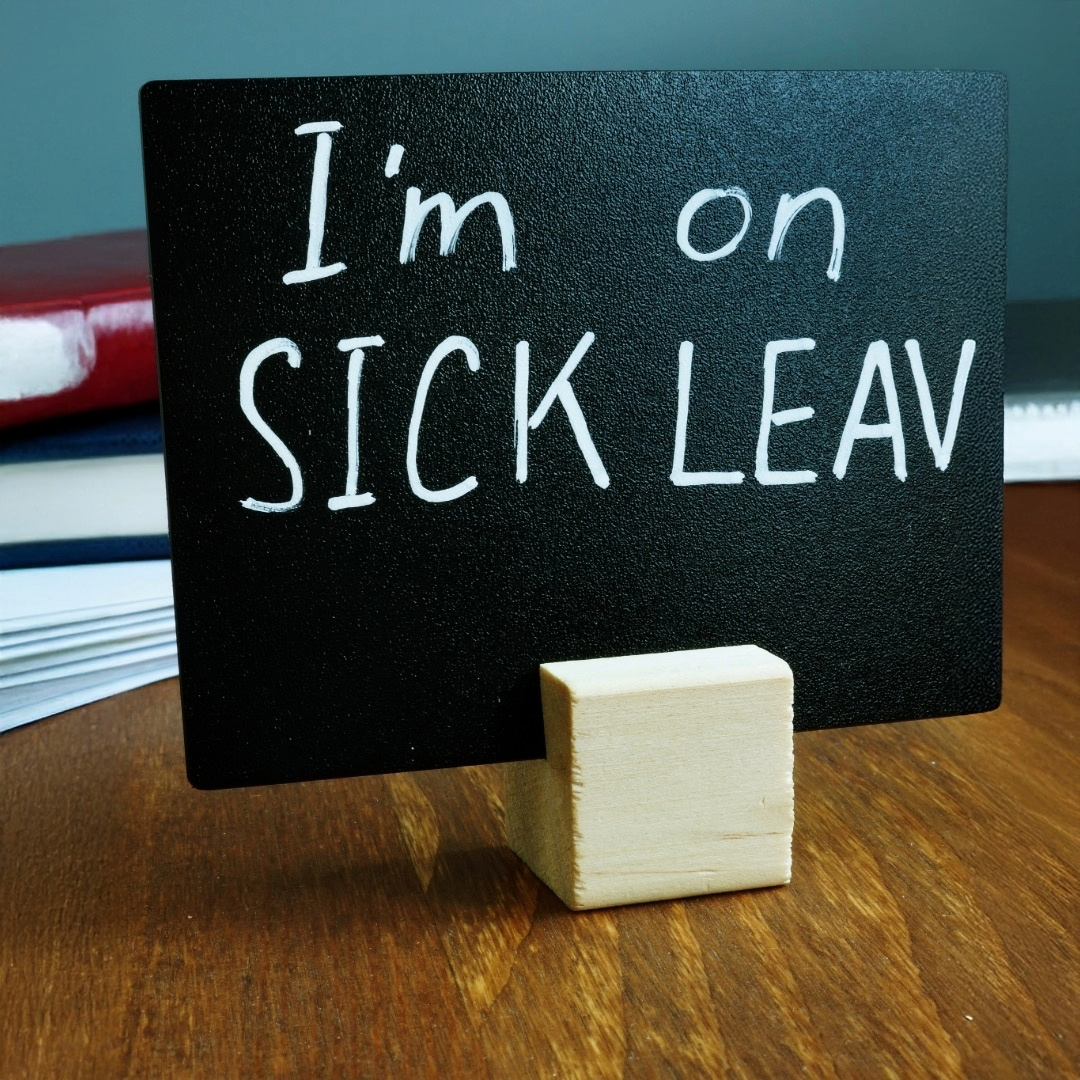
Business owners often overlook Employee Illness and protecting their business from the financial impact.
One risk many business owners overlook until it’s too late is the financial fallout of long-term employee absence due to illness or injury. Handling sickness among staff is crucial for sustainability.
While the human impact, such as employee illness, is clear, the consequences for the business operationally and financially can be just as significant.
Long-Term Illness Isn’t Just a Personal Issue
According to a survey by Legal & General, half of UK employers admit that long-term staff absence poses a genuine concern. The problem of absence caused by sickness among employees cannot be overlooked.
A third are unsure how they would juggle supporting unwell staff while maintaining business operations during a time of employee illness.
“It’s not just about compassion,” says Sarah Murphy, Head of Employee Benefits at Axis Insurance. “The absence of a key team member can disrupt productivity, morale, and customer delivery. The costs can escalate quickly.”
Workplace Pressure and Team Morale
An absent employee often means added pressure for colleagues. Workloads shift, responsibilities grow, and stress levels rise—especially if the cause of the absence is stress-related or workplace injury itself. Dealing with illness in the workplace is vital.
Even bringing in temporary staff can have a knock-on effect and exacerbate the issues caused by employee sickness.
“Covering for someone on sick leave often means upskilling others quickly or dealing with performance issues if a temp isn’t up to speed,” notes HR consultant Emma Walters. “It’s a hidden cost that many SMEs underestimate.”
Financial Protection Through Group Sick Pay
To mitigate these risks, businesses can implement a group income protection scheme—an affordable way to provide sick pay that supports staff financially while off work due to illness.
“When employees aren’t worrying about paying their bills, their recovery can be faster,” explains financial adviser Tom Ellis of Redleaf Wealth. “It’s a win-win for both employee and employer.”
Speeding Up Recovery with Private Medical Cover
Adding group private medical insurance to your benefits package can further reduce downtime by giving staff quicker access to diagnostics and treatment when they are ill. Swift handling of sickness aids in faster recovery.
“A timely referral or operation can mean the difference between a two-week and a two-month absence,” says Murphy. “The NHS does a great job, but wait times can delay recovery.”
Safeguarding the Business: Key Person Insurance
If a senior manager, specialist technician or other key person becomes incapacitated, the financial hit can be far greater. Key person insurance pays a lump sum or income to the business itself.
This protection is especially vital when sickness among employees strikes in small businesses or partnerships, where expertise isn’t easily replaceable.
“Hiring a temp with the right skills is hard, doing it urgently costs even more,” says Ellis. “Key person cover helps buy you time and quality.”
Take Professional Advice
Choosing the right cover depends on your team structure, budget, and risk profile. Consulting experts about measures for handling employee illnesses can secure your business.
As Independent Financial Advisers, we can help assess your needs and recommend solutions tailored to your business, taking into account illness risks among staff.
Need help protecting your business from the impact of employee health issues?
Please contact us today to discuss your options and ensure the financial protection of your team and company.
